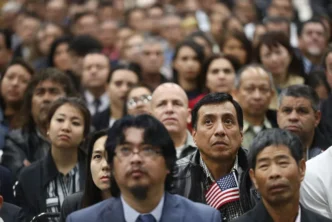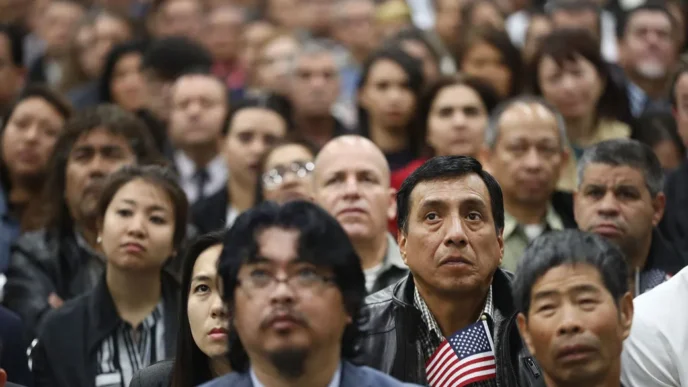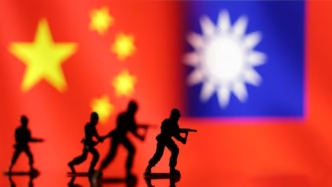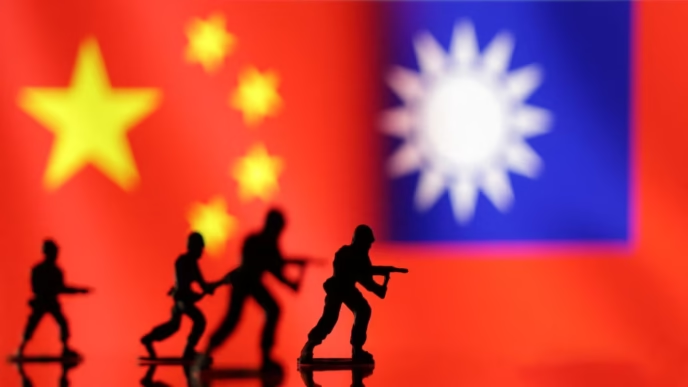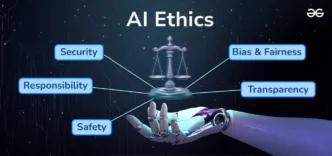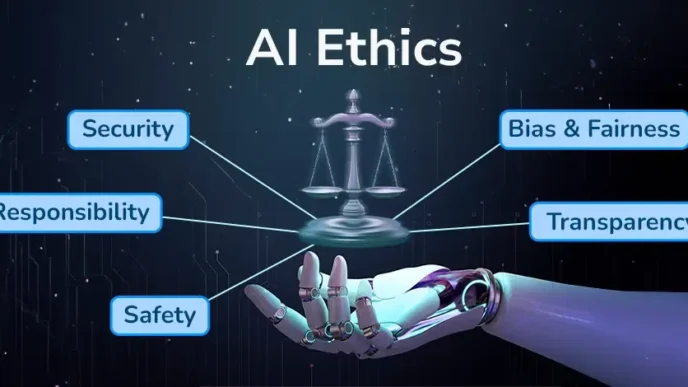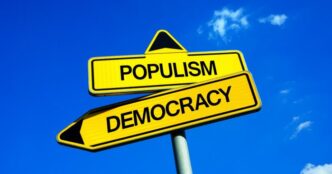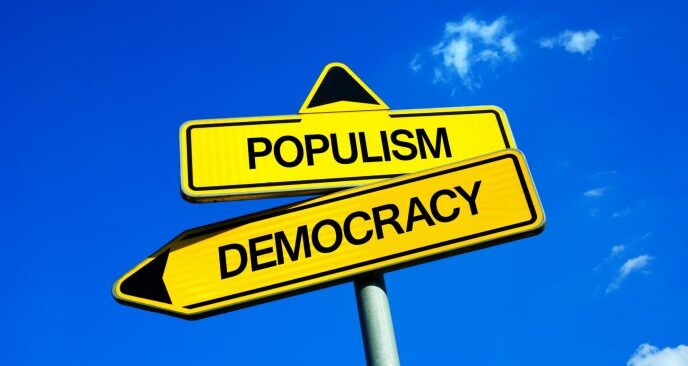The United Nations (UN) was established in 1945 with the primary mission of maintaining international peace and security. Over the decades, the UN has played a pivotal role in addressing global conflicts, providing a platform for diplomacy, coordinating peacekeeping missions, and promoting sustainable development to prevent future disputes. Here’s a closer look at how the UN tackles global conflicts and the challenges it faces.
The UN’s Role in Global Peace and Security
At the core of the UN’s conflict-resolution efforts is the Security Council, which is responsible for:
- Authorizing Peacekeeping Missions: Deploying forces to conflict zones to maintain peace and protect civilians.
- Imposing Sanctions: Using economic measures to pressure nations or groups involved in conflicts.
- Mediating Diplomacy: Encouraging dialogue between conflicting parties to achieve peaceful resolutions.
Peacekeeping Operations
UN peacekeeping missions are among its most visible tools for conflict management. These missions involve:
- Monitoring Ceasefires: Ensuring that agreements between warring parties are upheld.
- Protecting Civilians: Preventing violence against vulnerable populations in conflict zones.
- Facilitating Elections: Supporting free and fair democratic processes in post-conflict regions.
Examples of successful peacekeeping operations include missions in Cambodia, Namibia, and El Salvador, which helped stabilize regions after prolonged conflicts.
Conflict Prevention and Mediation
The UN employs various tools to prevent conflicts from escalating, such as:
- Preventive Diplomacy: Engaging with parties at the earliest stages of a dispute to find peaceful solutions.
- Special Envoys and Mediators: Appointing experts to negotiate between conflicting sides, as seen in efforts to mediate conflicts in Yemen and Syria.
- Early Warning Systems: Monitoring global hotspots to anticipate potential conflicts.
Addressing Root Causes of Conflicts
The UN recognizes that poverty, inequality, and lack of access to resources often fuel conflicts. Through initiatives like the Sustainable Development Goals (SDGs), the UN aims to:
- Reduce Inequality: Addressing economic and social disparities that breed resentment.
- Promote Education and Gender Equality: Empowering communities to build peaceful societies.
- Combat Climate Change: Mitigating environmental factors that exacerbate resource conflicts.
Humanitarian Assistance
In conflict zones, the UN provides critical humanitarian aid through agencies like:
- The World Food Programme (WFP): Delivering food assistance to populations affected by war.
- The UN Refugee Agency (UNHCR): Protecting and supporting refugees and internally displaced persons.
- UNICEF: Ensuring the well-being of children in war-torn areas.
These efforts not only alleviate suffering but also reduce the likelihood of prolonged instability.
Promoting International Law
The UN advocates for adherence to international laws and norms to prevent and resolve conflicts:
- The International Court of Justice (ICJ): Settles disputes between states peacefully.
- War Crimes Tribunals: Holding individuals accountable for crimes against humanity, as seen in Rwanda and the former Yugoslavia.
- Human Rights Advocacy: Monitoring and addressing violations through the UN Human Rights Council.
Challenges Facing the UN in Conflict Resolution
Despite its achievements, the UN faces significant obstacles:
- Veto Power in the Security Council: Permanent members (China, France, Russia, the UK, and the US) can block resolutions, often leading to political deadlock.
- Resource Constraints: Peacekeeping missions and humanitarian efforts often suffer from funding shortages.
- Sovereignty vs. Intervention: Balancing respect for national sovereignty with the need to prevent atrocities remains a contentious issue.
- Non-State Actors: Addressing conflicts involving terrorist groups or militias is complex, as these actors often operate outside international norms.
Success Stories
While not without challenges, the UN has achieved notable successes in conflict resolution:
- Liberia: UN peacekeeping efforts helped stabilize the nation after a brutal civil war.
- South Africa: The UN played a supporting role in ending apartheid through sanctions and diplomatic efforts.
- East Timor: Facilitated the country’s transition to independence, ensuring peace and stability.
Evolving Role in Modern Conflicts
As global conflicts evolve, the UN is adapting its strategies:
- Digital Peacebuilding: Leveraging technology to monitor conflicts and promote online peace initiatives.
- Climate-Related Conflicts: Addressing disputes arising from climate change and resource scarcity.
- Strengthening Multilateralism: Encouraging collaboration among member states to tackle global challenges.
Topics: Conflict Resolution Diplomacy Global Conflicts Humanitarian Aid International Law International Relations Peacekeeping Sustainable Development UN Security Council United Nations



